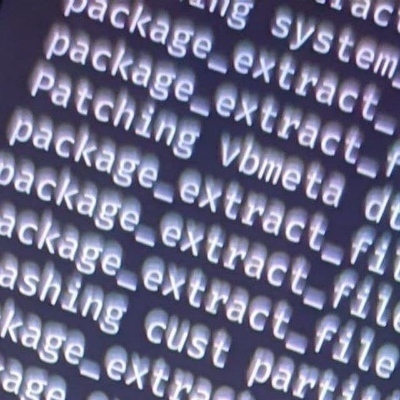Here’s what he said in a post on his telegram channel:
🤫 A story shared by Jack Dorsey, the founder of Twitter, uncovered that the current leaders of Signal, an allegedly “secure” messaging app, are activists used by the US state department for regime change abroad 🥷
🥸 The US government spent $3M to build Signal’s encryption, and today the exact same encryption is implemented in WhatsApp, Facebook Messenger, Google Messages and even Skype. It looks almost as if big tech in the US is not allowed to build its own encryption protocols that would be independent of government interference 🐕🦺
🕵️♂️ An alarming number of important people I’ve spoken to remarked that their “private” Signal messages had been exploited against them in US courts or media. But whenever somebody raises doubt about their encryption, Signal’s typical response is “we are open source so anyone can verify that everything is all right”. That, however, is a trick 🤡
🕵️♂️ Unlike Telegram, Signal doesn’t allow researchers to make sure that their GitHub code is the same code that is used in the Signal app run on users’ iPhones. Signal refused to add reproducible builds for iOS, closing a GitHub request from the community. And WhatsApp doesn’t even publish the code of its apps, so all their talk about “privacy” is an even more obvious circus trick 💤
🛡 Telegram is the only massively popular messaging service that allows everyone to make sure that all of its apps indeed use the same open source code that is published on Github. For the past ten years, Telegram Secret Chats have remained the only popular method of communication that is verifiably private 💪
Original post: https://t.me/durov/274


Still got server-side code closed source and by default messages are not encrypted.
Server-side source code is a red herring. It’s meaningless, it can’t be verified.
The latter point is fair.
Having server-side source code open can help into finding not on purpose backdoors. But yes, no can verify that’s the same exact version used by the actual servers.
That’s fair … especially in the case of something Telegram like where the server is a major portion of the security model (for non-secret chats).
For truly private E2EE chats though the attacks on Telegram’s lack of an open source server side (and Signal’s presence of one) is fairly meaningless. If the client E2EE is correct and you’re using a reproducible build the server, and even any MITM (man in the middle), shouldn’t matter.
Not sure if you’re referring to telegram or signal. If you’re referring to signal:
Is it private? Can I trust it? - Signal Support
Telegram :P
Reasonably sure they mean telegram. Only secret chats are encrypted. Telegrams chat otherwise is basically transport layer encryption.
https://www.wired.com/story/telegram-encryption-end-to-end-features/